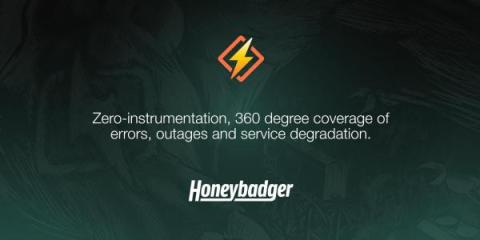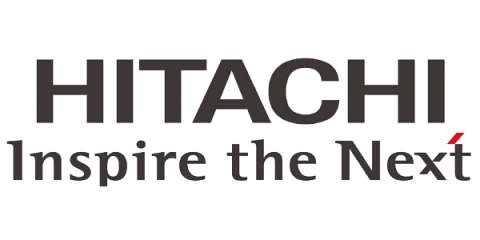Monorepos: HAL 9000-Approved Code Management and Collaboration
This is the third in a series. Read Part 1 and Part 2. “2001: A Space Odyssey” doesn’t spend time on the training contexts of its antagonist, HAL 9000. The only clues we get are upon its “death,” where it regresses back to its earliest lessons, like singing “Daisy Bell” as it winds down for the last time, suggesting it started with the very basics and grew more complex only with time and practice.











